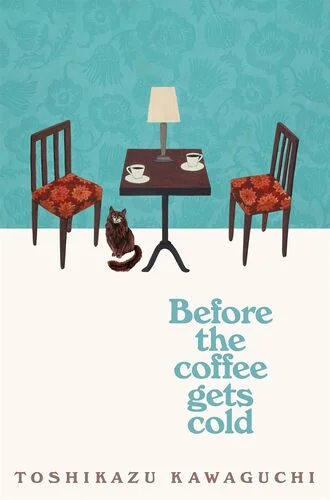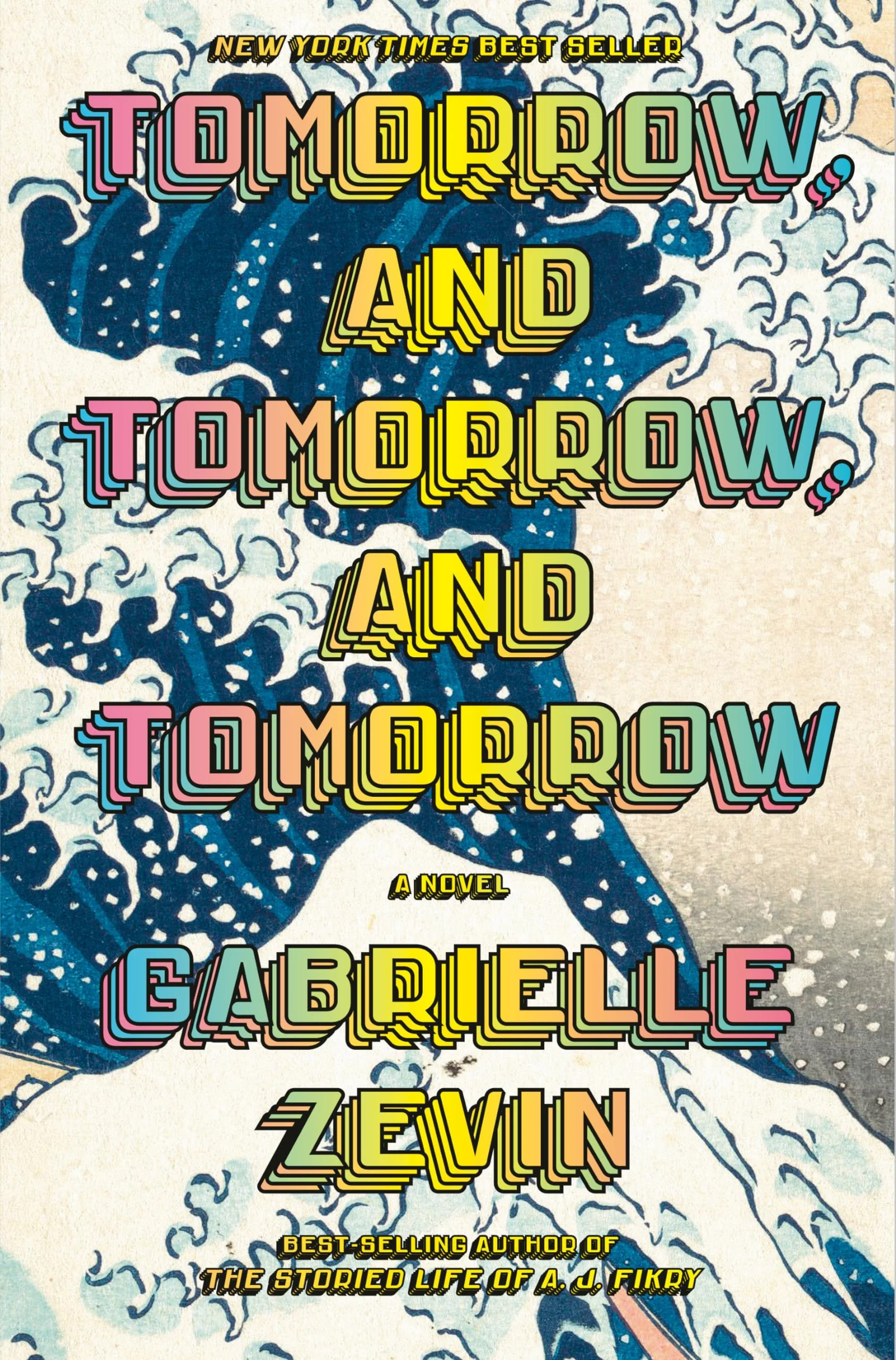At first glance, Toshikazu Kawaguchi’s novel Before the Coffee Gets Cold seems like a whimsical tale centered on a fantastical premise: a small Tokyo café where patrons can travel back in time—if they follow a strict set of rules.
But beneath this imaginative setup lies a deeper meditation on regret, emotional reconciliation, and the quiet possibility of redemption.
Rather than focusing on grand adventures or the paradoxes typically associated with time travel, Kawaguchi presents a delicate, introspective narrative that explores what it means to confront the past, accept the present, and move forward with grace.
In doing so, the novel departs from typical genre conventions. Time travel here does not alter the future. The past is fixed. What changes is not history, but the hearts of those who revisit it.
The Rules of Time and the Nature of Limitation
In the café—named Funiculi Funicula—time travel is not spontaneous nor universally accessible. It’s governed by seemingly arbitrary rules: one must sit in a specific seat, travel only within the café, and return before the coffee gets cold. And most crucially, nothing done in the past will alter the present. These constraints, rather than limiting the narrative, enhance it. They reinforce the idea that this is not a story about fixing the past, but about understanding it.
These rules turn the time-travel mechanism into something metaphorical. Time becomes less about chronology and more about emotional distance. The restrictions mirror real-life limitations: we cannot undo what has been done, but we can revisit our feelings, change our understanding, and find peace.
Regret as a Universal Thread
Each story in Before the Coffee Gets Cold follows a different character seeking closure. Their regrets are varied—unspoken words between lovers, unresolved tensions among family, missed opportunities to express affection. What connects them is a shared yearning to revisit pivotal moments that continue to echo in the present.
One woman wants to speak again with the boyfriend who left for America. Another longs to see her sister, now suffering from dementia, in a time when she was still lucid. These aren’t heroic quests—they’re deeply human ones. The emotional stakes are intimate but profound.
Kawaguchi doesn’t sensationalize regret. Instead, he portrays it as a quiet burden that shapes daily life: glances that linger too long, silences that grow heavy, guilt that hums beneath conversation. In this context, time travel is not about escape, but about confrontation—with oneself and with the things left unsaid.
The Power of Small Gestures
One of the most touching aspects of the novel is how minor actions carry tremendous emotional weight. A conversation, a hug, a final goodbye—all become monumental because they offer clarity or closure that time had denied. These scenes underscore the truth that redemption is often found not in dramatic transformation, but in the ability to express something honestly, even belatedly.
This thematic current runs counter to many modern narratives where resolution comes through action. In Kawaguchi’s world, it comes through presence. Characters find peace not by changing their fate, but by being fully present in a moment that once slipped past them.
Emotional Redemption Over Plot Resolution
Traditional time-travel stories often hinge on cause and effect: how a decision in the past will ripple into the future. In Before the Coffee Gets Cold, the future remains unchanged—but the characters do not. The redemption they find is internal. They don’t return to a new world, but to the same one, changed by their own renewed understanding.
This shift in focus allows the novel to explore grief, guilt, and forgiveness without resorting to sentimentality. It recognizes that some wounds do not heal, but they can be carried differently. The act of returning to the past becomes symbolic—not a tool for alteration, but one for transformation.
For instance, a man who lost his wife to illness learns not how to save her, but how to say goodbye. In this subtle shift, Kawaguchi suggests that resolution does not always mean repair. Sometimes, it simply means acceptance.
The Café as a Timeless Sanctuary
The café itself functions as more than a setting—it becomes a character of its own. Time seems to stretch and pause within its walls. It’s a liminal space where past, present, and emotion coexist. The staff and regular patrons become part of this gentle ecosystem, supporting travelers with a quiet reverence.
In many ways, the café represents the ideal conditions for introspection: safety, stillness, and ritual. The brewing of coffee, the limited rules, and the ephemeral quality of the visit all contribute to the sense that this is a sacred space, outside the usual rush of life.
This ambiance reinforces the novel’s emotional tone. The characters do not shout or rage. They speak in lowered voices. Tears are often unspoken. Kawaguchi’s prose reflects this restraint, letting quiet moments bloom into significance without melodrama.
Cultural Sensibilities and Universal Emotions
Though deeply rooted in Japanese culture—particularly in its depiction of duty, restraint, and emotional subtlety—Before the Coffee Gets Cold resonates across cultural lines. Its themes are universal: we all carry regrets; we all long for second chances; we all have things we wish we could say.
The novel’s cultural context enriches its emotional textures. The characters often hesitate to express deep feelings, not out of coldness, but out of cultural conditioning and fear of burdening others. This makes their eventual emotional breakthroughs all the more moving. When they do speak, their words carry decades of silence and suppressed feeling.
The universality of these emotions ensures that readers, regardless of background, find echoes of themselves in the characters. The novel invites reflection: what would I say, if I had one more moment?
A Gentle Prompt for the Living
Ultimately, Before the Coffee Gets Cold is not just about time travel—it’s about time itself. It reminds us that time is always slipping by and that we rarely say the things we mean to. The characters’ journeys into the past become cautionary tales, prompting readers to be braver in the present.
What makes the novel enduring is its message: while we can’t change the past, we can change how we live with it. And more importantly, we can act now—before our own coffee gets cold. Kawaguchi invites us to consider our relationships, our words left unsaid, and the opportunities we still have.
A Cup of Coffee and a Second Chance
Before the Coffee Gets Cold may center on a fantastical device, but its emotional truth is grounded and timeless. Through a simple cup of coffee and a brief return to the past, it explores the emotional complexity of regret, the healing potential of connection, and the quiet, often unnoticed paths to redemption.
Kawaguchi doesn’t offer magical solutions. He offers something better: the possibility that within our limited time, there is still room for clarity, courage, and care.
Sometimes, the most transformative journeys take us not across distances—but back into our own hearts.


